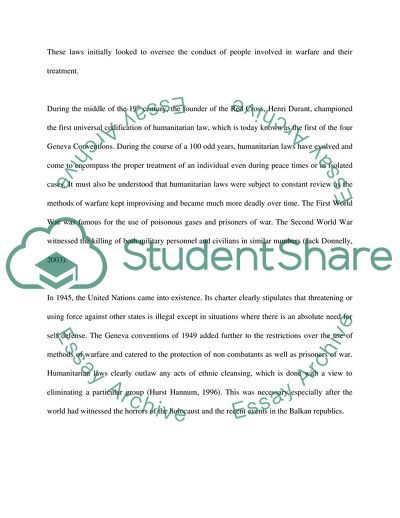Cite this document
(Self-Determination as a Human Right Essay Example | Topics and Well Written Essays - 1250 words, n.d.)
Self-Determination as a Human Right Essay Example | Topics and Well Written Essays - 1250 words. https://studentshare.org/politics/1727259-self-determination-as-a-human-right
Self-Determination as a Human Right Essay Example | Topics and Well Written Essays - 1250 words. https://studentshare.org/politics/1727259-self-determination-as-a-human-right
(Self-Determination As a Human Right Essay Example | Topics and Well Written Essays - 1250 Words)
Self-Determination As a Human Right Essay Example | Topics and Well Written Essays - 1250 Words. https://studentshare.org/politics/1727259-self-determination-as-a-human-right.
Self-Determination As a Human Right Essay Example | Topics and Well Written Essays - 1250 Words. https://studentshare.org/politics/1727259-self-determination-as-a-human-right.
“Self-Determination As a Human Right Essay Example | Topics and Well Written Essays - 1250 Words”. https://studentshare.org/politics/1727259-self-determination-as-a-human-right.


